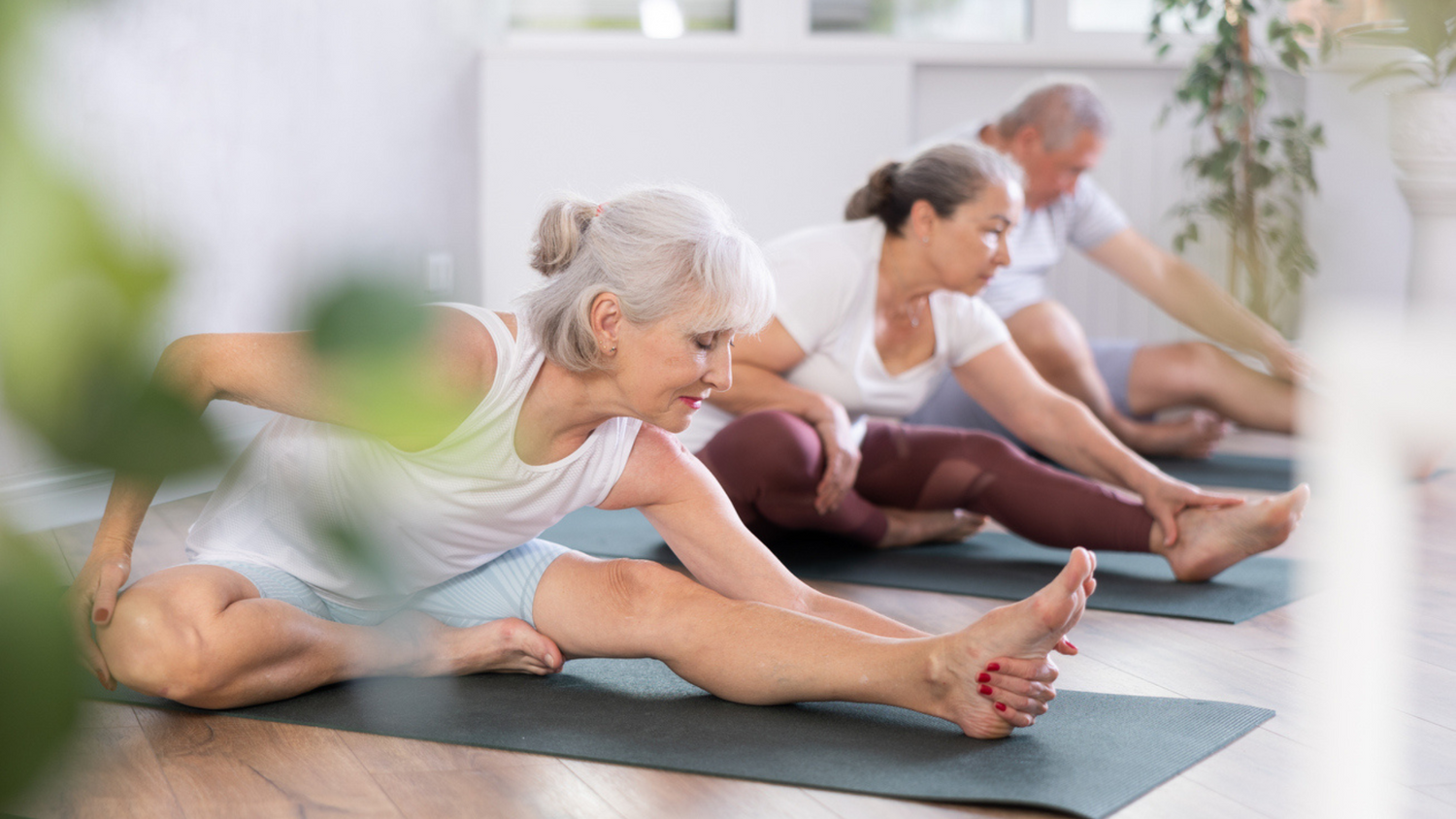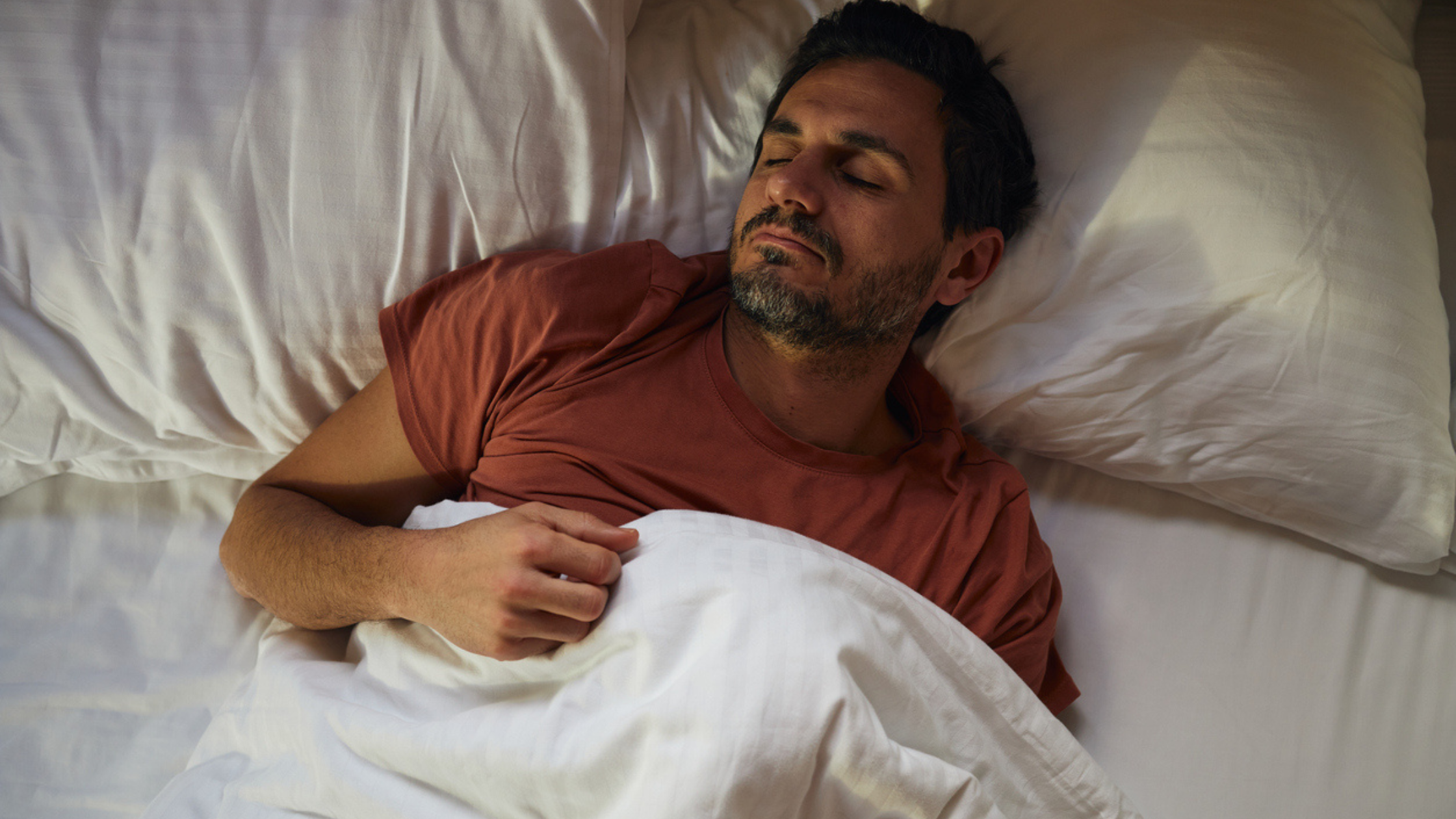Key Takeaways
-
Prioritising sleep, whole foods, and movement are foundational to extending lifespan and preventing chronic diseases.
-
Social connection, purpose, and stress management have measurable impacts on ageing at a cellular level.
- Small, consistent lifestyle shifts—like time-restricted eating or resistance training—can significantly affect your healthspan.
Did you know that your biological age can differ from your chronological age, sometimes by decades? While you may be 50 on paper, your cells could reflect a much younger or older state depending on your daily habits. That’s the magic (and science) of longevity, where lifestyle, not luck, determines how well and how long you live.
In this blog, we’ll unpack the research-backed daily practices that have the biggest impact on how you age. Whether you're aiming to add years to your life or life to your years, you’ll learn how seemingly small habits play a big role in cellular health, inflammation, disease prevention, and overall vitality.
Prioritising Sleep
You’ve likely heard that sleep is important, but its role in ageing and longevity is profound. Quality sleep isn’t just about rest—it’s when your body does its deepest repair work.
Why Deep Sleep Matters
During slow-wave sleep, your brain clears out waste products like beta-amyloid, which are linked to neurodegeneration and Alzheimer's disease (R). Additionally, consistent sleep schedules help regulate hormones like melatonin and cortisol, which influence inflammation and metabolic health.
One large cohort study found that people who sleep 7–8 hours per night had the lowest all-cause mortality risk, while those sleeping less than 6 or more than 9 had increased risks (R). Disrupted sleep patterns can also shorten telomeres—the protective caps on your DNA that are directly linked to ageing (R).
How to Improve Your Sleep Routine
Try to stick to a consistent bedtime, reduce blue light exposure 1–2 hours before bed, and limit caffeine after midday. If you're in Australia, evening exposure to natural light can also help reset your circadian rhythm, which varies by season and latitude.

Eat for Longevity
The way you eat shapes how you age, right down to your cells. A nutrient-dense diet helps combat oxidative stress, regulate insulin, and reduce chronic inflammation, all key processes involved in biological ageing.
The Science Behind What You Eat
Populations in the world’s “Blue Zones”—regions with high concentrations of centenarians—share common dietary habits: they eat mostly plants, whole grains, legumes, nuts, and healthy fats like olive oil. They also limit processed foods, red meat, and added sugars.
Studies show that diets rich in polyphenols (found in berries, green tea, and dark chocolate) are associated with longer telomere length and lower rates of age-related diseases (R). Similarly, omega-3 fatty acids from foods like flaxseed and salmon have anti-inflammatory properties that support heart and brain health (R).
Easy Shifts for a Longer Life
Incorporate more colourful vegetables, fibre-rich legumes, and fermented foods like kimchi and sauerkraut. Swap refined carbs for whole grains and use herbs like turmeric and rosemary, which have antioxidant effects.

Exercise and Movement
Exercise is one of the most powerful tools for extending healthspan—the number of years you live free of disease. It impacts nearly every system in your body, from your brain to your bones.
Cellular and Systemic Benefits
Exercise boosts levels of brain-derived neurotrophic factor (BDNF), which supports memory and neuroplasticity. It also improves mitochondrial function, helping your cells produce energy more efficiently, essential for ageing well (R).
Regular physical activity is also linked with longer telomere length and lower systemic inflammation (R). Strength training in particular preserves muscle mass, which naturally declines with age and is a predictor of longevity (R).
What Kind of Exercise Works Best?
Aim for a mix of moderate cardio (like brisk walking or cycling), strength training 2–3 times per week, and flexibility or balance work. Even light-intensity movement, such as gardening or walking the dog, helps reduce sedentary time—a key risk factor for early death.
Stress Less, Live Longer: The Cortisol Connection
While stress is inevitable, chronic stress accelerates ageing. Learning to manage your stress response is crucial for protecting your heart, brain, and even your DNA.
How Stress Ages You
Chronic stress increases cortisol, which disrupts sleep, blood sugar control, and immune function. It also shortens telomeres and increases oxidative stress, both of which are biomarkers of accelerated ageing (R).
A landmark study from the University of California showed that women with high perceived stress had significantly shorter telomeres compared to low-stress individuals, equivalent to an extra decade of ageing (R).
Tools to Build Resilience
Mindfulness meditation, deep breathing, time in nature, and even short daily pauses have been shown to lower cortisol levels and support longevity. Community involvement and social support also act as buffers against stress-induced ageing.

Purpose and Connection: More Than Just Feel-Good Factors
Social wellbeing isn’t just emotionally fulfilling, it’s biologically protective. People who maintain strong relationships and a sense of purpose tend to live longer, healthier lives.
The Role of Purpose in Ageing
Research from the Blue Zones found that having a clear sense of purpose—what the Okinawans call ikigai—can add up to seven years to your life expectancy (R). This is thought to relate to reduced chronic stress, increased physical activity, and greater community engagement.
Building Meaningful Habits
Volunteering, joining social groups, or mentoring can deepen your sense of belonging. Prioritising relationships and regularly expressing gratitude can also elevate mood and enhance resilience.
Time-Restricted Eating and Cold Exposure
Emerging research suggests that some lifestyle practices, like intermittent fasting and cold exposure, may further enhance cellular health and longevity.
Time-Restricted Eating (TRE)
TRE involves consuming all meals within a consistent 8–10 hour window, giving your body a longer fasting period overnight. This helps regulate insulin sensitivity, support autophagy (cellular cleanup), and reduce inflammation (R).
Cold Therapy
Brief cold exposure, such as cold showers or ice baths, has been linked to improved circulation, immune resilience, and mitochondrial function. While more human data is needed, early evidence is promising (R).
Small Habits, Big Impact
You don’t need to overhaul your life to add years to it. The most powerful longevity habits are often the simplest—sleeping well, moving daily, eating whole foods, managing stress, and staying connected. It’s the consistency that counts.
Curious about how much impact regular sleep can have on supporting a long and healthy life? Read our next blog: Are Regular Sleep Patterns Key To Longevity?





